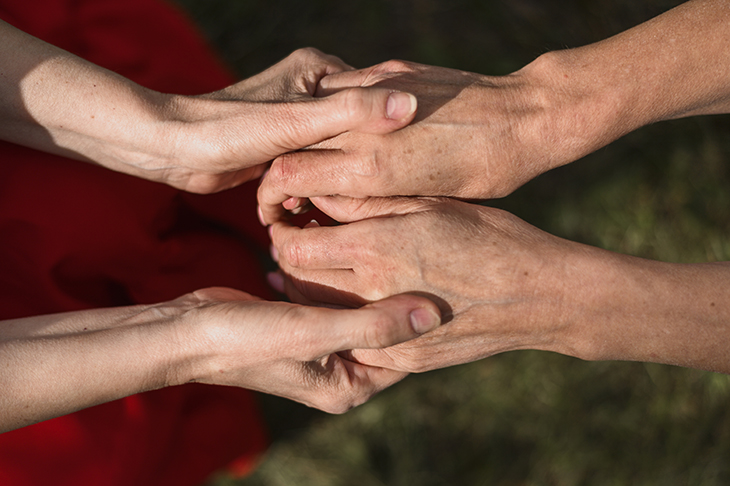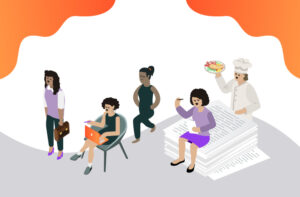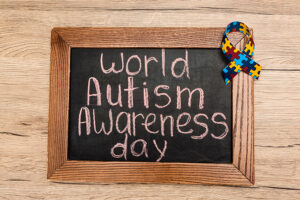Natural disasters and crises remind us of our vulnerability to unexpected events. Earthquakes, floods, wildfires, or humanitarian crises can strike anytime, profoundly affecting entire communities. In such situations, solidarity and social support are vital to mitigating devastating effects and helping those affected rebuild their lives.
UNDERSTANDING THE SITUATION: THE FIRST STEP IS TO STAY INFORMED
The first step in a disaster is to gather accurate information about what is happening. Relying on official sources like governments, NGOs, or international agencies is crucial to avoid misinformation and understand the type of help needed.
Each emergency is unique. Priorities often include shelter, food, and immediate medical care during an earthquake. In contrast, access to clean water, education, or psychological support might be more critical in a humanitarian crisis like mass displacement.
Staying informed also helps prevent falling victim to scams. Unfortunately, some people exploit goodwill during disasters for personal gain. Verifying organizations or campaigns before making financial contributions or donating goods is essential.
FINANCIAL DONATIONS: ONE OF THE MOST EFFECTIVE WAYS TO HELP
Financial donations are often the most efficient way to assist during disasters. Humanitarian organizations and governments can use funds to purchase urgent resources, ensuring aid reaches those in need quickly and efficiently.
When donating, choose trusted institutions with crisis management experience, such as the Red Cross, Doctors Without Borders, or UNHCR. These organizations often have established logistics systems, allowing them to act quickly and effectively.
You might also consider contributing to international emergency funds managed by recognized entities like the UN’s Emergency Response Fund. These platforms ensure resources are distributed appropriately and based on real needs.
MATERIAL DONATIONS: DO’S AND DON’TS
While material donations can be helpful, they must address the specific needs of the disaster. Affected communities often receive large amounts of unnecessary or difficult-to-transport items, complicating relief efforts.
Before donating food, clothing, or other goods, consult with responsible organizations to confirm what is needed. Practical tips include:
- Donate new or well-maintained items: Clean clothing, non-perishable food, and personal hygiene products are essential.
- Avoid spontaneous donations: Coordinate with an NGO or local group to ensure your contributions reach the right people.
- Consider cultural and climatic specifics: For instance, in tropical areas, warm clothing may not be useful, but items like mosquito nets or solar lanterns could be essential.
VOLUNTEERING: INVALUABLE SUPPORT
Volunteering is another important way to contribute during a crisis. You can play an active role in recovery efforts at the disaster site or within your community.
If you decide to volunteer, ensure you are well-prepared and trained. Many organizations provide prior training to help volunteers work effectively and safely. It’s also important to recognize your limits, as constant exposure to difficult situations can be emotionally taxing.
In addition to direct work in affected areas, you can help from home by organizing fundraising campaigns, raising awareness about the situation, or assisting in coordinating resources.
THE ROLE OF SOCIAL MEDIA IN DISASTERS
Social media has revolutionized how we respond to disasters. These platforms allow real-time information sharing, aid organizations, and connect affected individuals with resources. However, they can also spread misinformation.
When sharing information about an emergency, always verify the sources. If you’re organizing or promoting a relief campaign, use transparent platforms like GoFundMe or GlobalGiving. Social media can also be a powerful tool to pressure governments and companies to act quickly and responsibly during crises.
EMOTIONAL SUPPORT: A KEY NEED IN CRISES
After a disaster, emotional support is as crucial as material aid. Those affected often experience fear, anxiety, PTSD, and grief. If you have training in psychological support or are empathetic and willing to listen, you can provide comfort and stability to those facing difficult times.
Organizations like the Red Cross offer basic training in psychological first aid, enabling you to provide effective initial support.
THE IMPORTANCE OF PREVENTION AND PREPAREDNESS
While help during a disaster is critical, prevention and preparedness are fundamental to reducing the impact of future crises. This includes promoting education about risks, participating in drills, and supporting public policies that enhance disaster resilience.
For example, you can get involved in community emergency preparedness initiatives or support reforestation projects that mitigate the effects of extreme weather. Preventive actions benefit local communities and contribute to global environmental health.
EVERY ACTION COUNTS IN DISASTERS
Disasters are challenging tests but also opportunities to show the best of humanity. Whether donating money, volunteering your time, or sharing reliable information, every action helps alleviate the suffering of those affected.
Solidarity and collective support are powerful tools to overcome the darkest moments. In an increasingly interconnected world, each of us can make a difference and contribute to building stronger, more resilient, and compassionate communities.





